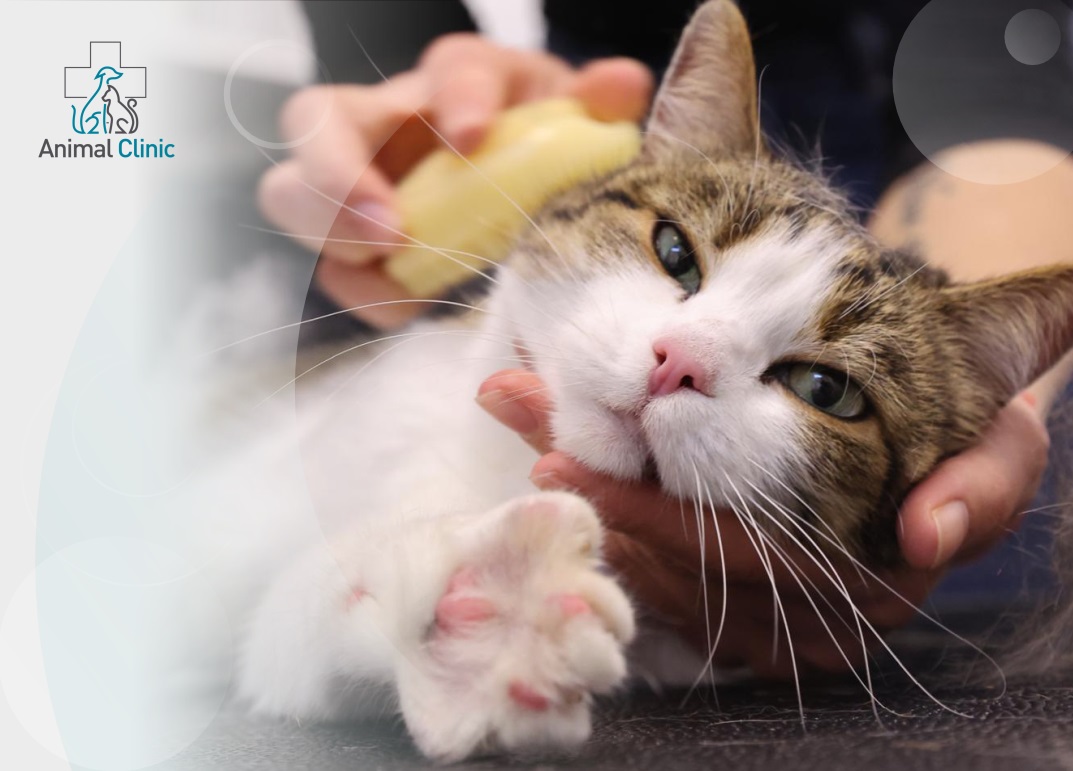Read

News
Holiday Safety: Why Christmas Decorations Can Be Dangerous for Pets



















































































































































































I agree to pay UAN for consultation on LiqPay.
Please note that our operator will contact you to arrange a consultation.